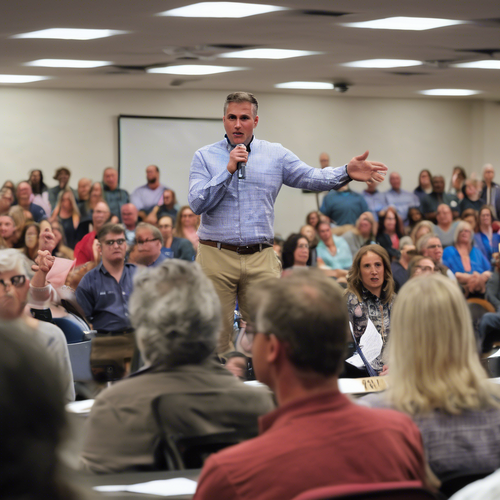Pope Leo XIV: The First American Pope Raises Questions About His Tax Obligations
Pope Leo XIV’s ascension marks a historic moment for the Catholic Church and a seismic shift in the perception of papal authority. For the first time, an American occupies the Holy See, prompting waves of excitement, debate, and concern. As observers embrace this unprecedented milestone, a burning question lingers: must Pope Leo XIV pay taxes?
The notion of a pope being subject to taxation raises eyebrows and theological quandaries. In the U.S., the IRS has intricate laws. Many religious organizations enjoy tax-exempt status. However, as the Vatican is a sovereign entity, the complexities of tax obligations for its leadership remain murky. Some argue that his role does not grant exclusive exemption, while others suggest that as the spiritual leader of over a billion Catholics, taxation could dilute his moral authority.
The Legal Landscape: U.S. Tax Codes and Clergy
In the United States, clergy are typically classified as tax-exempt under IRS Section 501(c)(3), which includes most religious organizations. Notably, the church itself does not pay taxes on donations, property, or other income associated with religious activities. However, the issue of whether an individual like Pope Leo XIV, unless explicitly exempted by U.S. law, is a different conundrum altogether. 🤔
Furthermore, if the Pope were to participate in activities that are unrelated to his religious duties—such as lectures, speeches, or writing books—he could face taxable income considerations. As an American, Leo XIV would also be subject to income tax laws just like any citizen. This dual identity encapsulates the tension between religious reverence and secular legal duties.
A Historical Perspective on Papal Finances
The relationship between the papacy and finances has been contentious throughout history. Previous popes maintained wealth and political influence through land holdings and financial enterprises, a practice criticized during the Reformation. Today, Pope Francis has emphasized transparency and financial reform within the Vatican, which may provide context for how his successor, Leo XIV, addresses his own financial responsibilities.
“Taxation without representation isn’t just a political cry; it resonates in religious contexts as well. The dialogue on financial accountability is crucial in shaping the moral clarity of religious leadership,” remarks Dr. Maria Gonzales, a theologian specializing in church-state relations.
The Influence of Pope Leo XIV’s American Heritage
Pope Leo XIV’s American background may further complicate the tax question. His upbringing likely imbued him with an awareness of the American ethos of accountability and responsibility. Many American organizations advocate for societal contributions through taxes, and the public’s expectation of transparency applies even more to someone at the helm of a global institution. Despite his religious stature, how he manages his tax obligations could set a precedent within the Catholic Church and reverberate across faith communities globally. 🇺🇸
The Fiscal Responsibility Debate: Church and State
The delicate balance between church and state raises questions that extend beyond one individual. Scholars argue that significant influence is at play when a religious figure bypasses ordinary legal frameworks. The implications could touch every Catholic organization in the U.S. and alter public perceptions of faith-based entities.
- A Call for Transparency: Advocates argue that maintaining transparency regarding tax obligations could enhance the Church’s credibility, particularly amid ongoing scandals regarding financial mismanagement.
- Potential Backlash: If details of tax obligations become public, it could provoke backlash from some sectors of the church and society, especially from those who believe the Pope should lead by example.
- A Shift in Perception: Handling taxation with careful consideration may change the perception of church wealth and how it wields power—potentially transforming financial contributions from the faithful.
Conclusion: A Pivotal Moment in Papal History
The question of whether Pope Leo XIV must pay taxes transcends individual circumstances. It brings into focus vital discussions about accountability, moral authority, and the evolving dynamics of church-state relations. Historically, the papacy has thrived both on faith and financial prowess; as the first American fomenting this dialogue, Pope Leo XIV stands at a crossroads where roles, responsibilities, and communities converge. How he navigates these treacherous waters will echo through both American and global contexts within the Church. ⛪️





